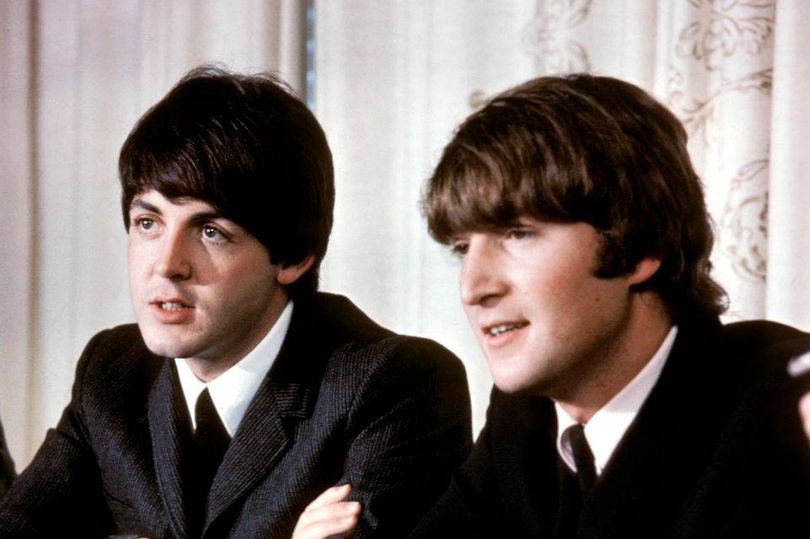
The Legacy of a Musical Partnership
Paul McCartney, one of the most iconic figures in music history, was deeply affected by the tragic death of his former Beatles bandmate John Lennon. Their bond, formed during their teenage years, became one of the most successful songwriting partnerships in the world. Together, they created countless hits that shaped the music industry and left an indelible mark on popular culture.
The partnership between Lennon and McCartney began at a church fair in 1957, where they met and quickly realized their shared passion for music. As The Beatles grew into a global phenomenon, their collaboration became the driving force behind many of the group's greatest songs. However, after Lennon's untimely death in 1980, McCartney found himself facing a different kind of challenge — a shift in public perception that diminished his role in the band's success.
A Shift in Perception
Following Lennon’s murder, fans and critics alike began to reevaluate The Beatles' legacy. Many started to believe that Lennon had played a more significant role in the band's achievements than McCartney. This "revisionism" created a sense of insecurity for McCartney, who felt that his contributions were being overlooked.
In interviews, McCartney expressed his frustration with this growing narrative. He noted that some people seemed to think that praising Lennon meant downplaying his own role. He recalled quotes like, “John was the only one in the Beatles” or “Paul booked the studio,” which he believed were misleading. This sentiment extended to comparisons such as “John was the Mozart; Paul was the Salieri,” implying that Lennon was the true genius while McCartney was merely the singer of “Yesterday.”
Fighting for Recognition
To combat this revisionism, McCartney took steps to ensure his contributions were properly acknowledged. He sought to have more prominent credits on Beatles songs that he primarily wrote, such as “Yesterday.” While the original credit of “Lennon-McCartney” was always meaningful, McCartney felt it was important to highlight his individual work.
He reached out to Yoko Ono, Lennon’s widow, to request changes to the credits on the Beatles Anthology. However, this effort led to tension, as Ono refused to alter the credits. The situation escalated when McCartney encountered a fake book in Rome that listed “Hey Jude” as written solely by John Lennon. This moment was particularly painful for him, as it reinforced his fears about how his work would be remembered.
A Lasting Impact
Despite the challenges, McCartney remained committed to honoring his partnership with Lennon. In his book The Lyrics: 1956 to the Present, he credits all co-written Beatles songs to “Paul McCartney and John Lennon.” This decision reflects his desire to ensure that both names are recognized equally, even if it means placing Lennon’s name first.
McCartney’s journey through grief, recognition, and legacy highlights the complexities of artistic collaboration. His efforts to preserve the truth of their partnership serve as a testament to the enduring impact of their music and the deep bond they shared. Even in the face of revisionism, McCartney continues to celebrate the magic they created together, ensuring that their contributions remain a part of music history.


